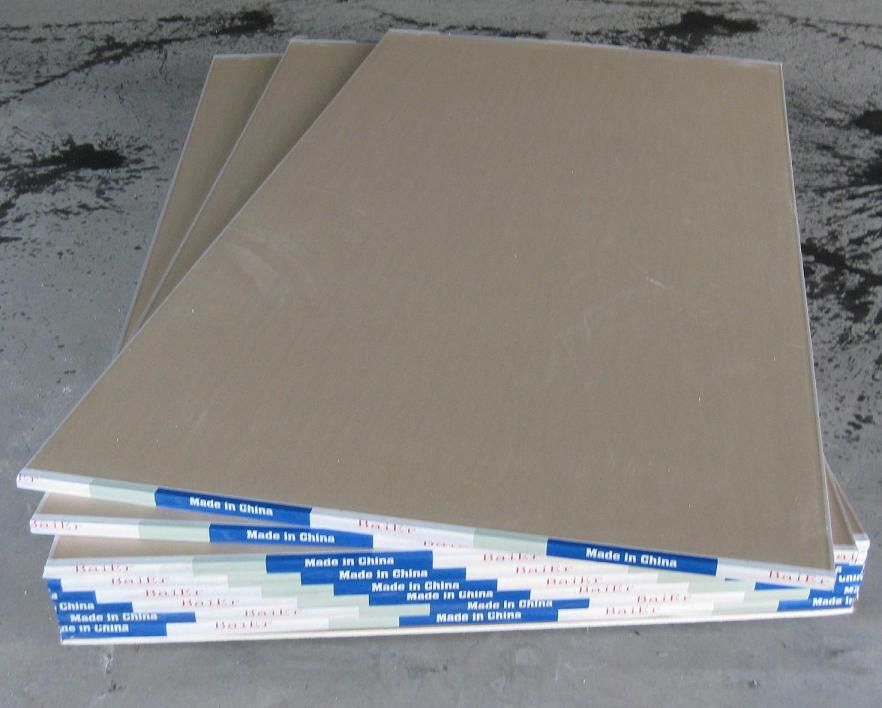In the realm of construction, builders have long relied on drywall as a fundamental material for interior walls and ceilings. This article aims to delve into the reasons why builders prefer drywall over other alternatives, exploring its numerous advantages and the impact it has had on the industry. From its cost-effectiveness to its versatility and ease of installation, drywall has become an indispensable component of modern construction projects.
- Superior Fire Resistance:
One of the primary reasons builders opt for drywall is its exceptional fire resistance properties. Composed of gypsum, a naturally fire-resistant mineral, drywall acts as a barrier, effectively slowing down the spread of flames during a fire. This crucial feature enhances the safety of buildings, providing occupants with valuable time to evacuate and minimizing property damage. - Acoustic Insulation:
In addition to its fire-resistant qualities, drywall also offers excellent acoustic insulation. By reducing sound transmission between rooms, it ensures privacy and a peaceful environment within buildings. This advantage is particularly crucial in commercial spaces, such as offices, hotels, and hospitals, where noise control is essential for productivity and patient well-being. - Durability and Structural Integrity:
Builders appreciate drywall for its durability and ability to maintain structural integrity over time. Drywall panels are resistant to cracks, warping, and shrinking, ensuring a long-lasting and aesthetically pleasing finish. This durability reduces maintenance costs and extends the lifespan of buildings, making it a cost-effective choice for builders and property owners alike. - Speed and Ease of Installation:
Time efficiency is a critical factor in construction projects, and drywall excels in this aspect. Compared to traditional plastering methods, drywall installation is significantly faster and less labor-intensive. Builders can quickly cut, fit, and secure drywall panels, reducing construction time and costs. Moreover, the ease of installation allows for flexibility in design, enabling builders to create customized spaces efficiently. - Versatility and Design Flexibility:
Drywall's versatility is another reason why it is widely used in the construction industry. It can be easily textured, painted, or wallpapered, providing endless design possibilities. Builders can achieve various finishes, from smooth and sleek to textured and artistic, catering to diverse architectural styles and client preferences. This adaptability makes drywall a preferred choice for both residential and commercial projects.
Conclusion:
In conclusion, the utilization of drywall in construction projects is driven by its numerous advantages, including superior fire resistance, acoustic insulation, durability, ease of installation, and design flexibility. Builders rely on drywall to create safe, aesthetically pleasing, and functional spaces efficiently. As the construction industry continues to evolve, drywall remains a vital component, meeting the demands of modern architecture and ensuring the longevity of buildings.


